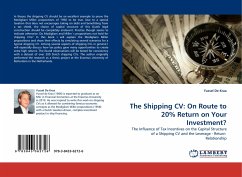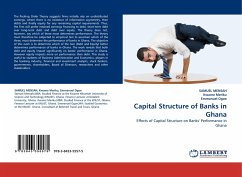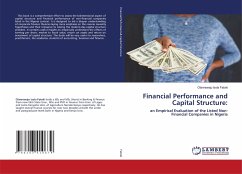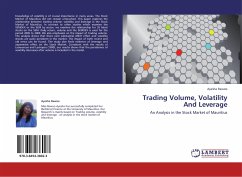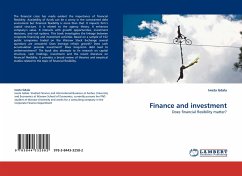
Finance and investment
Does financial flexibility matter?
Versandkostenfrei!
Versandfertig in 6-10 Tagen
32,99 €
inkl. MwSt.

PAYBACK Punkte
16 °P sammeln!
The financial crisis has made evident the importance of financial flexibility. Availability of funds can be a worry in the constrained debt enviroment but financial flexibility is more than that. It impacts firm's capital structure. It is related to the agency theory. It enhances company's value. It interacts with growth opportunities, investment decisions, and real options. This book investigates the linkage between corporate financing and investment activities. Based on a sample of 102 public companies traded on the Warsaw Stock Exchange several questions are answered: Does leverage refrain ...
The financial crisis has made evident the importance of financial flexibility. Availability of funds can be a worry in the constrained debt enviroment but financial flexibility is more than that. It impacts firm's capital structure. It is related to the agency theory. It enhances company's value. It interacts with growth opportunities, investment decisions, and real options. This book investigates the linkage between corporate financing and investment activities. Based on a sample of 102 public companies traded on the Warsaw Stock Exchange several questions are answered: Does leverage refrain growth? Does cash accumulation procede investment? Does long-term debt lead to underinvestment? The book also attempts to tie research on capital structure, cash holdings, investment and the recent literature on financial flexibility. It provides a broad review of theories and empirical studies related to the topic of financial flexibility.



